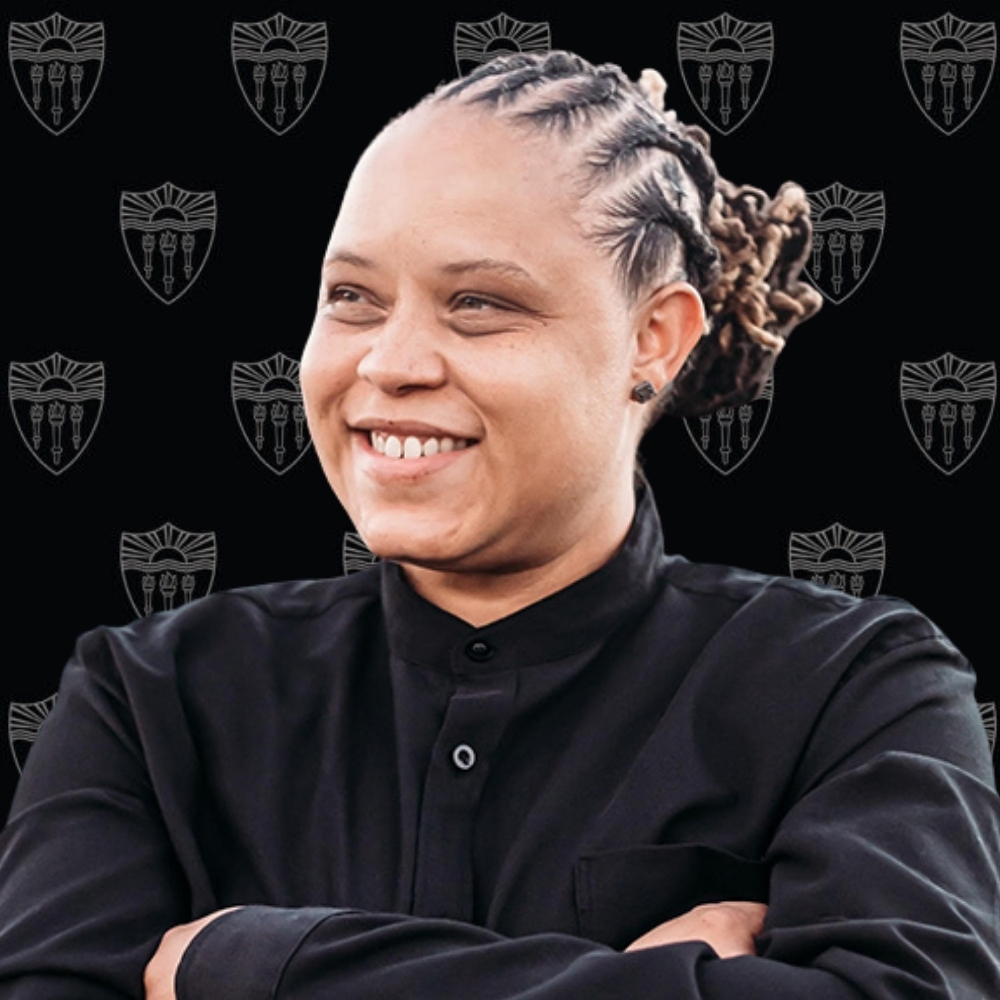Jameela Hammond
Audio Storytelling Fellow

Jameela Hammond is an audio storyteller and adjunct professor at USC Annenberg, who collaborates with the Bass Lab to produce compelling podcasts that highlight underrepresented stories.

Jameela Hammond is an audio storyteller and adjunct professor at USC Annenberg, who collaborates with the Bass Lab to produce compelling podcasts that highlight underrepresented stories.
